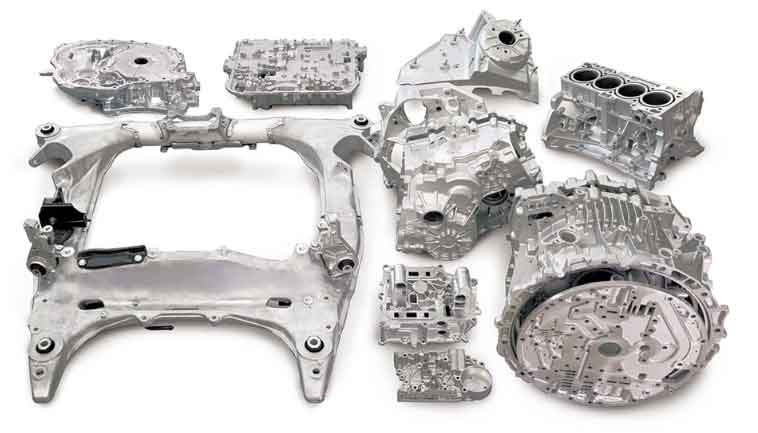
Sustainable manufacturing practices are becoming increasingly important in the die casting industry as companies strive to minimize their environmental impact and promote eco-friendly operations. Here are some key eco-friendly practices and initiatives in die casting that contribute to sustainable manufacturing:
- Material Selection: Choosing environmentally friendly materials is a crucial aspect of sustainable die casting. Opting for recyclable materials, such as aluminum and magnesium alloys, reduces the demand for virgin resources and promotes the use of recycled content. These materials can be recycled multiple times without compromising their properties, making them ideal for closed-loop recycling systems.
- Energy Efficiency: Die casting companies are implementing energy-efficient measures to reduce energy consumption during the production process. This includes using energy-efficient machinery and optimizing the heating and cooling systems to minimize energy waste. Implementing energy management systems and monitoring energy usage can help identify areas for improvement and promote energy-efficient practices.
- Waste Management and Recycling: Effective waste management is essential for sustainable die casting. Companies employ strategies to minimize waste generation, such as optimizing the gating and runner systems to reduce metal waste and implementing recycling programs for scrap materials. Recycling and reusing waste materials not only minimize environmental impact but also contribute to cost savings.
- Water Conservation: Die casting operations typically require water for cooling, lubrication, and cleaning processes. Implementing water conservation measures, such as recycling and reusing water, installing water-efficient equipment, and employing closed-loop cooling systems, can significantly reduce water consumption and minimize the strain on local water resources.
- Emissions Reduction: Die casting companies are adopting measures to reduce air emissions and promote cleaner operations. This includes implementing efficient exhaust systems, controlling and treating emissions from furnaces and melting processes, and implementing emission monitoring and control systems to ensure compliance with environmental regulations.
- Green Certifications and Standards: Die casting facilities can pursue green certifications and adhere to recognized environmental standards, such as ISO 14001, to demonstrate their commitment to sustainable manufacturing. These certifications ensure compliance with environmental regulations and promote continuous improvement in environmental performance.
- Lifecycle Assessment: Conducting a lifecycle assessment of die casting processes helps identify areas of environmental impact throughout the entire product lifecycle, from raw material extraction to end-of-life disposal. By understanding the environmental impact of different stages, companies can implement strategies to minimize their carbon footprint and promote sustainable practices.
- Collaboration and Research: Collaboration among die casting companies, industry associations, and research institutions is vital for driving sustainable manufacturing practices. Sharing best practices, conducting research on eco-friendly technologies and materials, and promoting knowledge exchange help advance the industry’s sustainability efforts.
By adopting these eco-friendly practices, die casting companies can reduce their environmental footprint, promote resource efficiency, and contribute to a more sustainable manufacturing industry. Embracing sustainable manufacturing not only benefits the environment but also enhances the reputation of companies and meets the growing demand for environmentally conscious products from customers and stakeholders.
